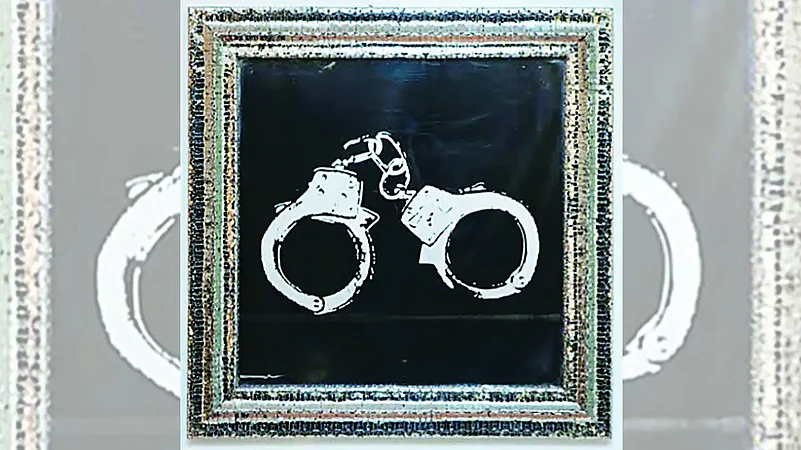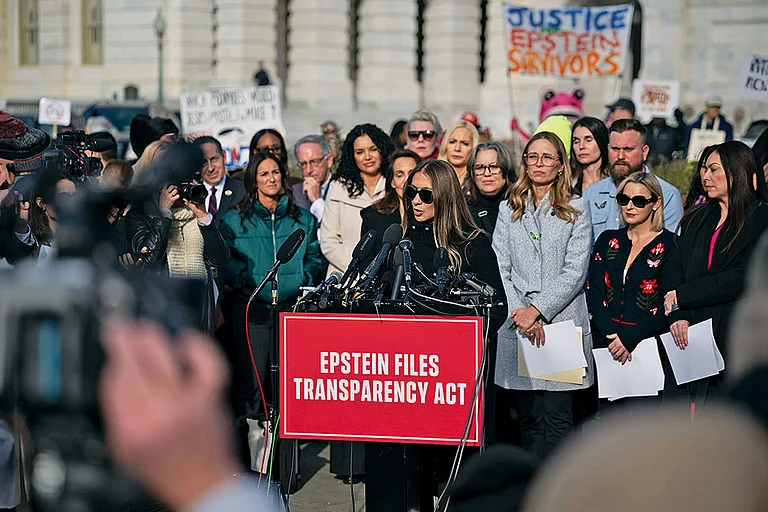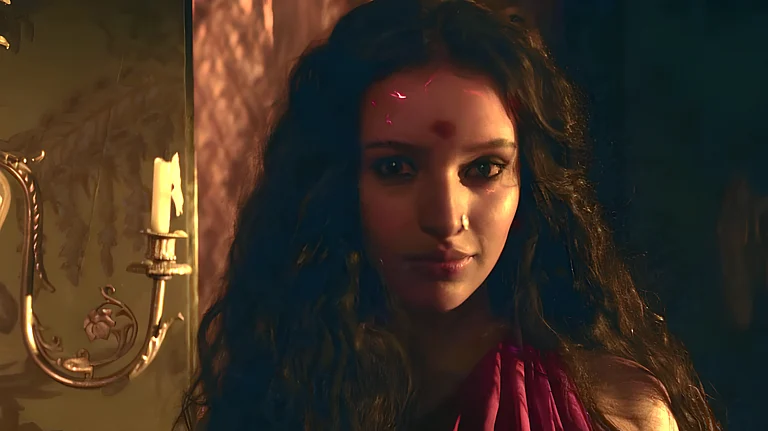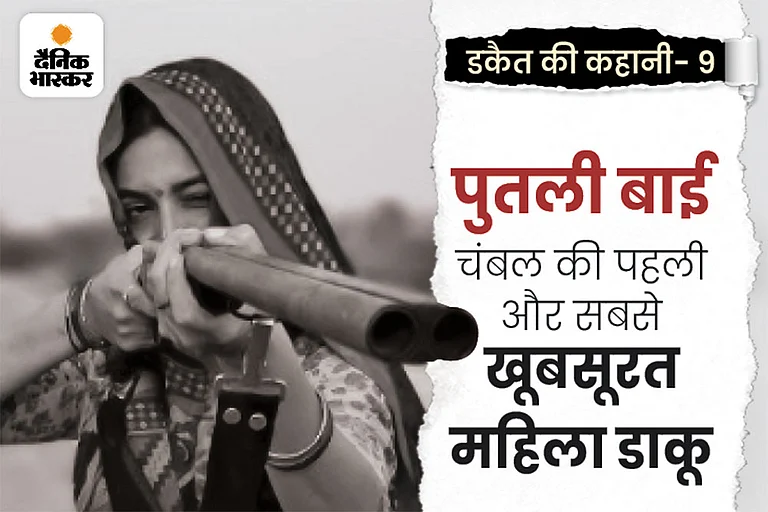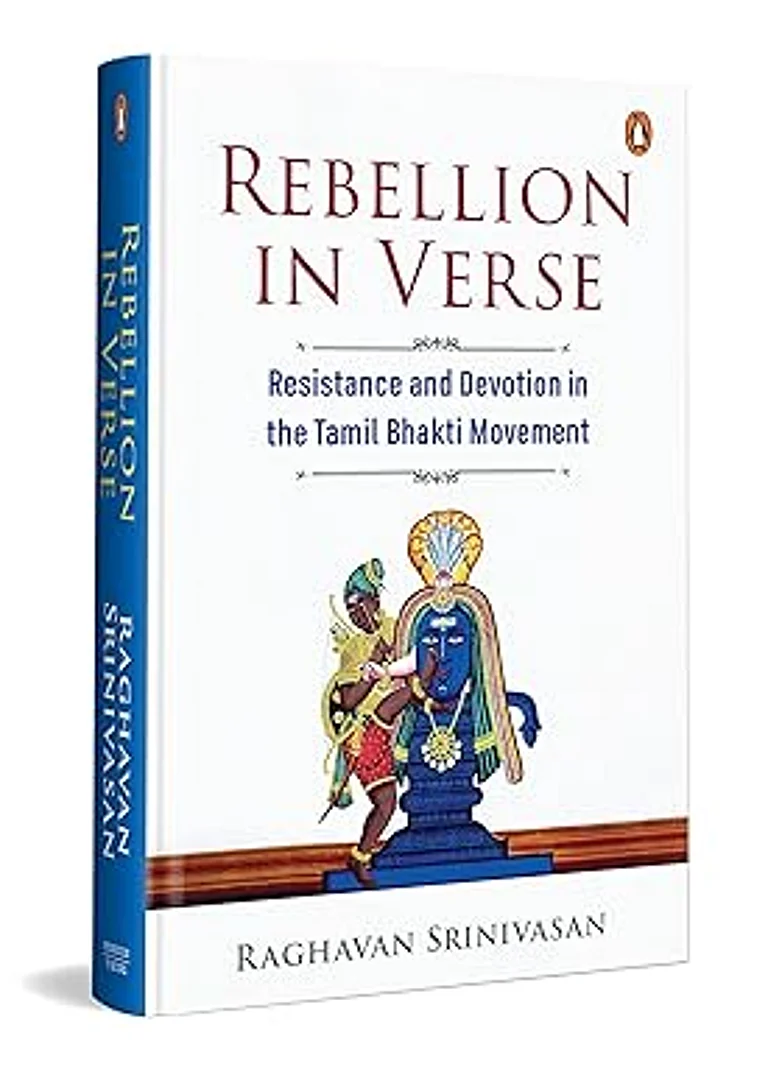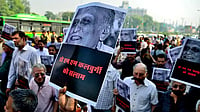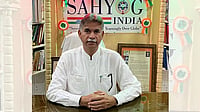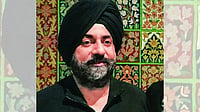
This was first published in June 2022 as part of the 'Still I Rise' magazine issue
Former union minister M.J. Akbar’s criminal defamation case against journalist Priya Ramani was a major marker in the #MeToo movement in India. Earlier this year, a Delhi court upheld dignity over reputation, while acquitting her. Taking a sensitive view of the issues concerning sexual harassment of women, the 90-page landmark judgment stated in no uncertain terms that a woman can’t be punished for reporting her experience and that she can share her grievances at a platform of her choice even after decades. Now, a global vitriolic backlash to the #MeToo movement—triggered by the highly-publicised Johnny Depp–Amber Heard trial—seems to have reinforced fears over double-victimisation of and retaliation against the survivors.
Women rights experts like Indira Jaising, a senior Supreme Court lawyer and the first woman additional solicitor general of India, feel Depp’s defamation suit against Heard exposes deep-rooted misogyny in society, the jury and the judiciary, despite the advances made by the #MeToo movement. “It is particularly disturbing coming from the US, the land of free speech. It represents a departure from the law of defamation in that country where actual malice must be proved before a person can be held guilty of defamation,” she tells Outlook. “Speaking up against domestic abuse is in the public interest and there was no case of malice made out.”
Underlining what she describes as “a historic role” of the #MeToo movement, Jaising says, “It pulled out the issue of sexual harassment from under the table and exposed it to the sunlight.” In India, the Rupan Deol Bajaj case was the first to raise the issue of sexual harassment at the workplace and well within the limited framework of criminal law. “Bajaj successfully proved that she was harassed by the late K.P.S. Gill but in the media she faced criticism for taking a ‘hero’ to court for a ‘minor injury’. Since then we have a civil and a criminal law to deal with sexual harassment,” recalls Jaising, elaborating how long the issue has been recognised as a legal injury. While Jaising stresses that social media has amplified male privilege, she describes the #MeToo movement as a “therapeutic speaking out”.
Mary E. John, a noted scholar in the fields of women’s studies and feminist politics, views #MeToo as a current phase of the women’s protest movement, which dates back to the late 1970s and early 1980s. At the time, women’s organisations were also bringing grave issues like dowry deaths and custodial rape to the notice of the Indian public. “During those days, a term called ‘eve-teasing’ was often used for anonymous sexual harassment in public places,” she says, adding that the Indian Penal Code sections that deal with sexual harassment still have objectionable phrases from the Victorian age such as ‘outraging the modesty of a woman’.

Tracing the evolution of India’s feminist movement, John cities the 1997 Bhanwari Devi case which ultimately led to the Vishaka guidelines. She says the movement that was triggered by the 2012 Delhi gangrape case galvanised responses, including the Sexual Harassment of Women at Workplace (Prevention, Prohibition and Redressal) Act 2013. “It ultimately led to the LoSHA (list of sexual harassers in academia) campaign and controversy,” she adds, referring to a 2017 list—published online that accused more than 50 Indian professors of sexual harassment—before the #MeToo movement erupted in the country. Even in the US, well before the #MeToo started, John says, there was a pre-MeToo movement. She cites the example of Columbia University where a student carried a mattress on her head to protest against the varsity’s mishandling of her sexual assault complaint.
“Since #MeToo took off from Hollywood, it attracted a lot of media and public attention, leading to the creation of the hashtag. It exemplifies how social media can be a vehicle for a social movement,” John says, adding that the #MeToo has created global awareness and given new feminist voices despite limitations. “Social movements are never steady processes. They come and go along with the issues. Now, it is for the young generation to take up the issues in their own way,” she says, negating the widely perceived notion that #MeToo is a purely elitist movement. Referring to the cases of junior artists from the Malayalam and Telugu film industries reporting cases of sexual exploitation, she says, “The question is not if it is an elite movement but whether elite women who are raising their voice against the sexual harassment they have experienced in their own lives are aware of being elite. Are they aware of their relative security by virtue of their age, caste and class? They could speak up and have a chance to be heard whereas a domestic worker suffering harassment may not be in a position to lodge her protest.”
While anyone with internet access can speak out on intimate facets of their life if they so choose with the option of anonymity to escape instant judgements and social stigma, Pamela Philipose, a senior fellow at the Indian Council of Social Science Research, Delhi, points out that many in the Dalit and Trans movements spoke out against the class-caste privilege of #MeToo crusaders and the support they received. “What is distinctive about the #MeToo movement is its social media architecture. But it allows for a very low threshold of participation. The access to the internet, the knowledge on how to use it to one’s advantage, is not available to every woman. As we recognise the strengths of internet communication, we must also take note of its limitations, which could also point to the limitations of the #MeToo movement.”
A recent UNICEF report says that approximately 24 per cent in India has access to the internet and there is a large rural-urban and gender divide. According to Philipose, the Indian women’s movement in its earlier iterations was more slow moving, but at its height possibly enjoyed a wider reach and inclusivity, while embracing intersectionality in a more concerted way. Considering the many dimensions of Bhanwari Devi’s struggle in Rajasthan, she says, “It went beyond the struggle of one woman to embrace the struggles of all women—across class, caste and gender—for the right to bodily integrity and free movement. Ultimately, it was a struggle for the right to life, as the Supreme Court’s Vishaka judgement underlined.”
Admitting that social media movements are vulnerable to problems of coordination, control and commitment, Philipose says, “If the feminist movement in India has to grow and touch more and more lives, it must bring both dimensions—offline and online, protests in the virtual and actual spaces—into its practice.”

If nothing else, according to Rekha Chowdhary, a former Dean of Research Studies and head of Political Science department at University of Jammu, #MeToo movement has made women aware about the significance of their agency. “It has challenged the fixed notions about male sexual privileges and women’s objectification,” she says, asserting that the movement has conveyed a strong message that any sexual interaction needs woman’s consent. Stressing that the #MeToo movement is a step in the larger journey towards women taking control over their life, their body and their sexuality, Chowdhary, says, “Sexual exploitation of women is not a ‘one-off’ situation. It is intrinsically linked with the patriarchal notion of objectification of women and male control over women’s body and life.” Mentioning the recent example where enquiry has followed the complaint of a national level woman cyclist against her coach, she describes it as an impact of #MeToo movement.
Blaming popular films and songs for constructing toxic masculinity, she says, “Our movies celebrate stalking and justify that a ‘woman’s No means Yes’. There are commercial advertisements that proclaim, ‘men will be men’. It is taken for granted that the desire of men is the starting point of an ‘imagined relationship’ and whether woman wants that relationship or not, is not important, in the end, she is supposed to come around. Worse are the explicit songs like Tu cheez badi hai mast mast. Woman here is not only clearly seen as a cheez (object) but also as an easily available ‘object’ that is meant to keep men entertained.”

Explaining how simple family conversations endorse male sexuality and women’s objectification, she says, “A boy as small as 3, 4 or 5 going to school is asked an innocent question, ‘so, how many girlfriends did you make in school?’ The question is never posed to a girl of that age, ‘how many boyfriends did you make in school?’ It is such messages which are given to boys throughout their growing up age that the whole concept of masculinity and objectification of women gets reproduced.”
But considering the perils of reporting sexual harassment both online and offline, many believe that more training is required for even the members of the internal complaint committees and the police in tune with the Vishaka guidelines and the PoSH Act. Mary John stresses that prevention of sexual harassment and creating an atmosphere where power is not abused by men for exploiting women as utmost important. Maintaining that there is always going to be an element of risk when you are up against power, John says, “A woman reporting sexual harassment will always be considered not so credible and she risks losing her reputation and being at the receiving end of a defamation case.” Significantly, in several #MeToo cases, observers point out how accused men in powerful positions who were dislodged following complaints were silently reinstated at their current places of work. Even after the judgement in the Akbar case, defamation cases have been filed against women reporting sexual misconduct. “We have seen during the #MeToo movement and up to the present—whether in India or abroad—that the first response towards the accusation of sexual misconduct have been letters of support for the accused,” says John, deploring that “in cases of people in positions of power, others often end up supporting the accused to the point of forgetting the complainant.”
Invoking the Heard-Depp trial, Jaising maintains, “The experience of the US has shown, law by itself is not enough to deal with a legal wrong, it takes woman who have faced sexual harassment to speak out about it and that is what the #MeToo movement achieved. It was an attempt to clean up workplaces of what has come to be accepted as harmless ‘water cooler talk’, which creates a foul work culture. It has to be countered by naming and shaming.”
Reacting to the criticism of the #MeToo movement that it violates “due process of law”, Jaising says, “It is equally due process of law to permit women to speak out what they experienced in an attempt to stop injustice from happening. Justice is not something attainable only in a court of law. It is an everyday practice at the workplace, at home and everywhere. We can’t be bystanders watching while others are being exploited and treated unequally.” On the vicious social media campaign against Heard, Indira Jaising comments, “It is still considered a male privilege to be violent towards a woman especially if she is a wife. Sadly no country has been able to end domestic violence despite progressive laws.”
“Much of sexual prejudices and crimes are socially rooted and can’t be wished away only through the legal route,” Rekha Chowdhary says. “The #MeToo movement will not be mainstreamed so easily for the simple reason that it is disturbing the status quo. Anything that disturbs the social status-quo would find it difficult to be mainstream.”
(This appeared in the print edition as "Beyond The #Hashtag")






